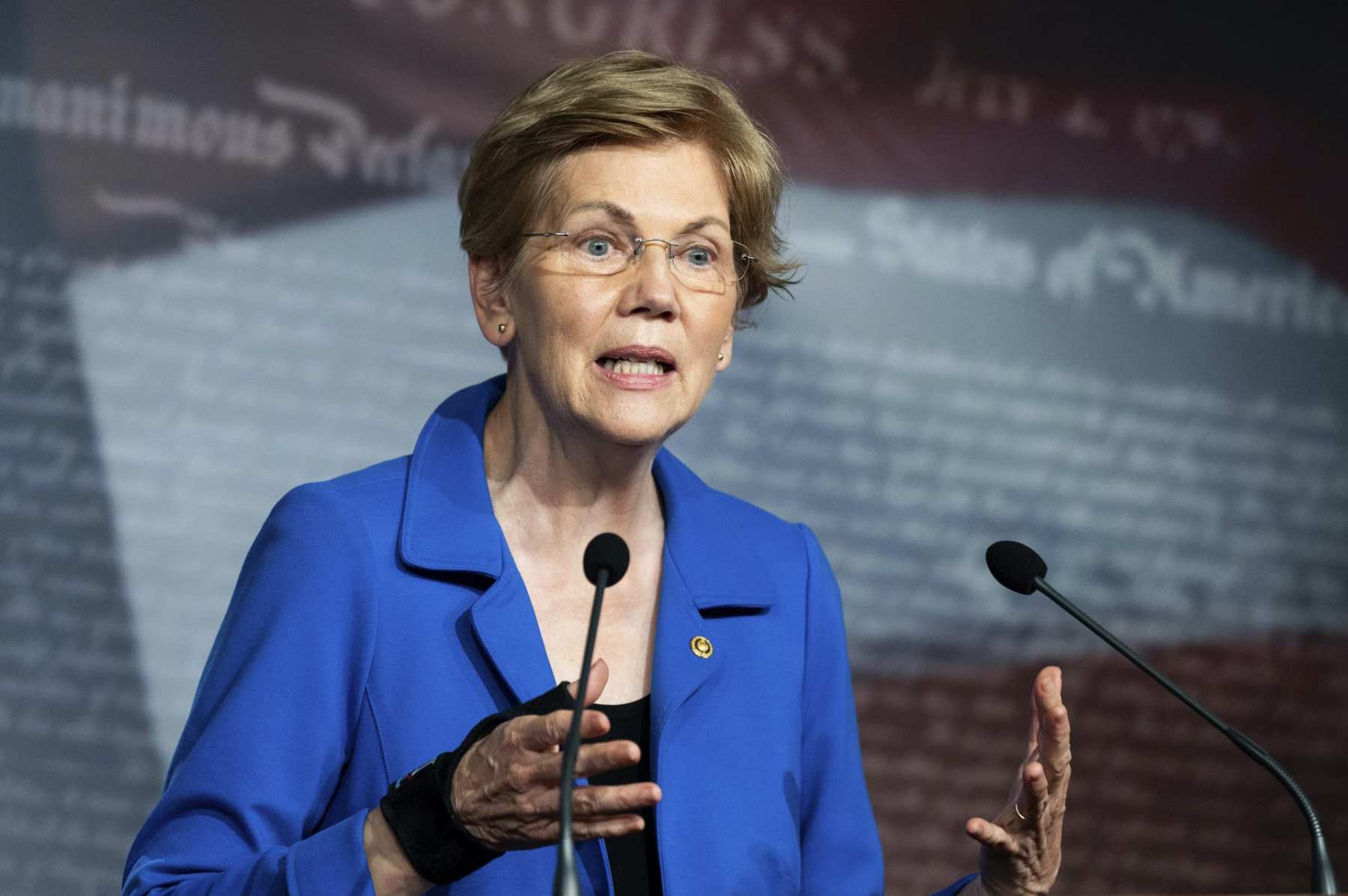Sen. Elizabeth Warren sees the current state of child care in the United States not only as a clarion call for immediate relief, but a chance to rethink the system. Even before the pandemic, she said, the United States was “in the middle of a child care crisis.”
The pandemic has upended child care in the United States. When centers began closing as COVID-19 spread, it was predicted that almost half would not reopen — an impact that has already begun to push women out of the workplace.
“We now see the problem. It’s raised up in front of us,” Warren told The 19th’s Washington correspondent Amanda Becker. “That means now is the time — not just to provide pandemic relief, although we should do that — now is the time to think about restructuring overall and getting the kind of support into child care that our babies need, that our mommas and daddies need, and that our child care workers need.”
The Senate was set to vote on another pared-down $500 billion COVID-19 relief measure on Wednesday that included some money for child care and education, but negotiations on a larger package broke down late Tuesday. It is increasingly unlikely a deal will be reached before the election.
Warren, however, said that even what was included in the so-called “skinny” relief was not enough for working families. She said experts estimated that the funding would only stretch for a few weeks.
“It’s not enough help, there’s not enough relief for the families who need it,” she said. “There’s a very small amount in there for child care, enough that [Republicans] could say, ‘check,’ we did child care.”
Rather than focus only on pandemic-related help for child care, Warren believes that this is the moment to imagine broader solutions, saying that the conversation has reached a “new intensity.” She laid out her proposal for universal child care, which would be free for many families and cap out at 7 percent of a household’s income. But in the pandemic, even that would need an extra boost from the government, she said.
Warren also noted that rethinking child care could extend beyond dollars and cents. Warren said that the differences between child care versus education should disappear. From its earliest stages, she said, the two should be viewed as the one and the same, noting that there are studies on the importance of education of children from their youngest ages.
“It’s education all the way across, and it’s child care all the way across. And we should be thinking about it that way from the beginning.”
With the relief measure stalled, there are unlikely to be any short-term solutions, though Warren believes that politicians, Republican or Democrat, will be willing to listen if voters’ voices are loud enough on Election Day. This moment could be a tipping point.
“This pandemic is being felt disproportionately by the parents of small children, and particularly by mothers, by women,” she said. “We just need to acknowledge that straight up and say, ‘We demand change. Enough of this.’ You want to build a future for this nation, then invest in child care for our babies.”






